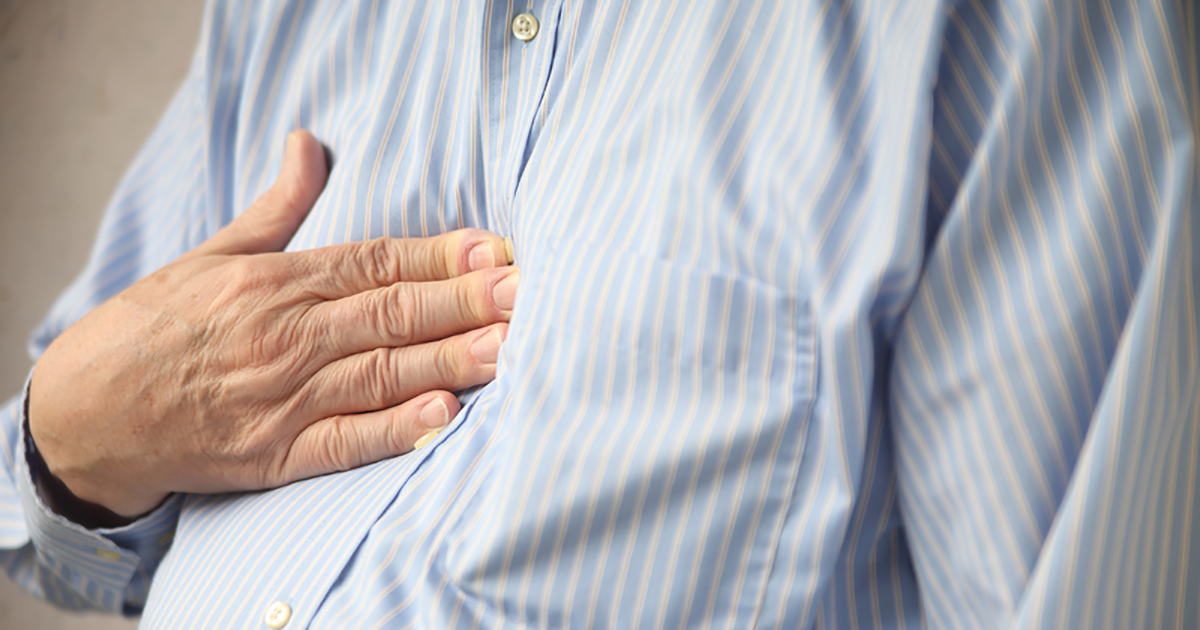Various Ways To Know You Are Obese
Frequent Heartburn

Any changes to a person’s body weight, even slight fluctuations, such as a couple pounds, can lead to more acid reflux, as more than one-third of obese and overweight individuals experience gastroesophageal reflux disease, more commonly known as GERD. Typical symptoms of GERD include belching, a bitter taste in the mouth, nausea, and uncomfortable abdominal pain. Recent research indicates there is a clear connection between obesity and heartburn, as the studies conducted have proven that an increase in one’s weight and the size of their stomach can either cause or worsen the condition.
Heartburn, or GERD, occurs when stomach acid flows back up into the esophagus, and symptoms typically appear shortly after an individual has eaten, and can last from a few minutes to a couple of hours, depending on the severity. Unfortunately, this connection appears to be stronger in Caucasian women compared to men and other ethnic groups. The increased risk of developing GERD is believed to be caused by an excessive amount of belly fat putting pressure on the stomach, the development of a hiatal hernia that causes the backflow of acid, or even hormonal changes.
Increased Sweating

Excessive sweating, or hyperhidrosis, can also be another warning sign of obesity or other serious conditions, such as diabetes, thyroid problems, or infection. Excessive sweating is generally more common among individuals who are overweight or obese, as sweating is a normal reaction when the body begins to work harder as a way to cool itself down. There are many variations in how a person sweats, just as there are variations in other bodily functions. Specifically, there are two types of excessive sweating: localized and generalized hyperhidrosis, with both ranging in severity and can be a clear-cut sign of other serious health conditions as well.
